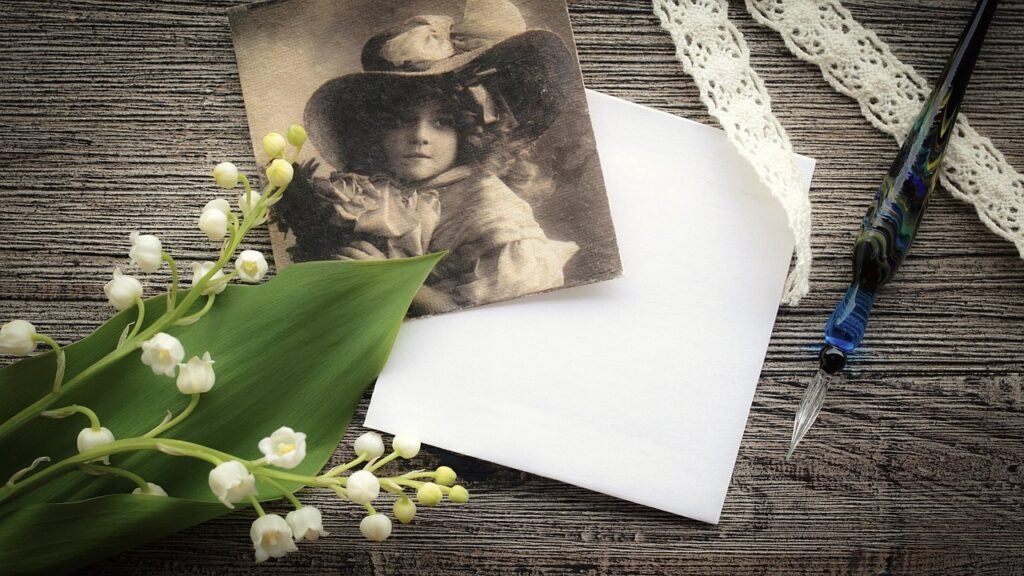It is so easy to forgo self care after a loss. So how do we mange self care when we are grieving?

Grief can be raw, debilitating, and messy. It’s crucial to take care of yourself when you’re grieving. Self-care is an essential component of recovery and healing. It helps lessen mental, physical, and spiritual pain.
The way that each person deals with sadness and moves through the grieving process differs. It’s okay if what works for someone else doesn’t work for you. Find self-care strategies that work for you. It is even more important to be kind to yourself while you are grieving.
You may be thinking. I can’t do self care – it is just so exhausting right now trying to get through each hour of the day.
I hear you, and the last thing I want to do is burden you with a to do list. Even though it might not seem ideal, caring for yourself while you’re mourning is a necessity, not a luxury. Self-care is a deliberate practise that supports our mental, emotional, and physical wellness.
If you are grieving, read through the list below and see what seems “doable” for you. Then, try to work a couple of these activities into your day. The finest self-care is ultimately doing what feels right for you.
#1 Walk in nature
Take a walk outside in the fresh air, on the beach or on a forest or bush track. Let your thoughts wander. Since green space has been shown to lower stress levels, it is ideal if you can do this close to or around nature. Even sitting or laying on grass, or walking barefoot on the grass or sand can be a very theraputic practice. I love lying on the grass and looking up at the clouds or the tree tops, breathing in the sounds and smells of nature. Healing can come through embracing moments like this.
The benefits of being in nature for our physical and mental health are well documented, but there is also something reassuring about feeling “held and contained” by something greater than our sorrow. For us, nature also serves as a mirror and a reminder of the life-and-death cycle.
#2 Take a bath or long shower
Spend some time taking care of your body, mind, and senses.
Run a warm bath, light some candles, add some bubble bath or soaking salts, close your eyes and lie back and relax. Allow your thoughts and feelings to arrive, and then leave.
To help manage your potentially distressing feelings, tell your self you are okay in this moment, and it’s okay to feel sorrowful. Let the water support and wash over you cleanisng your pain. Try to let your body and mind relax and focus on the moment, rather than dwelling on everything that is weighing you down. This is your time to nurture your mind, body and soul.
#3 Write a letter

Write a letter to your loved one. Say all the things you would say to them if you could have them back again for a day, or say all the things you wished you had said to them. No one has to sight this letter except you. I know of someone who wrote a letter to politician to change a policy in honour of their loved one.
Make use of this writing to better comprehend your own thoughts about your life and your loss.
Write down all the things you loved about your loved one, and all the things they taught you that you will carry forward. This is a great way to honour them and experience gratitude for having them in your life.
This can be a very purposeful way to explain anything that was left unsaid or to say farewell in a meaningful way if this was not possible at the time.
#4 Breathe

Heave a big sigh occasionally.
Really??
Yes really.
Although it seems simple, this is worthwhile. Remember to BREATHE, and then remember to let out sighs, or deep slow breaths.
The Sigh breath is a straightforward breathing method that involves letting out a long, sound-producing exhale as the breath leaves the body. It only takes a minute or two of repetition to trigger relaxation and produce tranquilly.
To move your grief, experience it…. and then let it go. Breathe, then let out sighs, or deep breaths.
Breathe in then breathe it out and give your body a big dose of oxygen. This is utilising the most fundamental bodily functions to release tension and stress .
When you feel like you are losing control, paying conscious attention to your breathing might be helpful. You can feel in control of your body and mind through mindful breathing, and other meditation techniques.
#5 Hygiene is still important.
It is important for you to care for your body.
Take a hot bath or a shower.
You should floss.
Shampoo your hair.
By taking care of these small tasks for yourself, you might feel renewed and improve your day. It is possible to feel as though you accomplished something even if you don’t do anything else that day.
#6 Communicate your needs

Share what you need and don’t need. Other people cannot guess what you want or need, so telling them really helps them to understand and makes them feel useful.
It’s acceptable to desire your own space and solitude. It is acceptable to not want guests to linger. It’s also okay to say no thanks. It is important to express clearly communicate what you require and need from your support network when you ask for assistance. Inform those who are trying to support you of your preferences.
#7 Play some music
Music can be therapeutic for many people who are mourning. Some people enjoy crying out loud to depressing music.
Others favour instrumental music because it allows them to simply let their minds wander.
Others still favour listening to a playlist made by the deceased as a way to remember them and their shared memories.
Whatever you choose, keep in mind that the music you select is meant to help you, whether that help comes in the form of releasing some sobbing, laughter, memories , or even venting some anger at the circumstances surrounding your loss.
Similar to how you can express yourself through listening to music, if you are a musician expressing your feelings through music is a fantastic way to deal with some of the intense feelings that arise as grief sets in.
It’s also okay if you choose not to listen to music. For me music was not helpful and I avoided listening to music for a long time after my loss. So do whatever feels right for you.
# 8 Eat healthily, get plenty of rest and exercise
It can be challenging, but right now is the best time to replenish your body and mind with healthy foods and lots of water to fuel your body. Avoid alcohol because it will interfere with your sleep routine and make you feel down; instead, drink plenty of water. Walking, yoga, or even going for a bike ride are all forms of physical activity that will improve your sleep and general well-being.
Grief can be exhausting for your body and mind. Your body needs enough sleep to recover. Allowing your body and mind to rest will help them to heal.
#9 Drop the word “should“
Remove the word ‘should” from your vocabulary. This will help you avoid the comparison game and telling yourself you “should” be further on in your grief than you are, or that Mary is coping better than you.
Nonsense! Your giref is unique to you and no one can tell you how you “should” be feeling.
Grief has a nasty side. Love and respect yourself in the way you deserve to be treated Be nice to yourself and give yourself permission to grieve when and how you need to. Encourage yourself in your efforts. Keep your mind from causing you any more harm. Consider heartfelt ways to be kind to yourself.
There are neither good nor bad emotions while one is grieving. You might feel numb, empty, angry, depressed, confused, etc. You might also feel joy, contentment, and peaceful.
Anything you’re feeling is acceptable.

# 10 Connect with others
Solitude can seem appealing. Grief consumes a lot of energy, and it can be challenging to be open and vulnerable in front of other people. We may feel like we want to fully withdraw when we perceive that other people’s lives are going on unaffected while it may seem as though yours has come to an end.
Our physical and mental health though, can also suffer from loneliness. Creating a support system is a crucial phase in the grieving process. Feeling connected can be achieved through activities like going for a stroll with a friend, having lunch with a family member, or finding a sympathetic support group.
Wrapping up
Choose one or two activities from the list above that you like to do. What makes you feel alive or helps you unwind?
As you work through your grief, pick a different task that promotes and engages your well-being. Consider doing the exercise in a group with at least one other person whenever you can.
I really hope that these recommendations may be helpful to you as you navigate the difficult process of grieving. However, if you believe that you would benefit from more individualised support, you can get in touch with me here, or book a time for us to chat here.
Final Thoughts

Grief is sometimes referred to as the gift you never wanted. How is suffering a gift? The gift is not in the loss. The gift is what has occurred in you and through you, and as a result, you will never truly be the same. How each of us responds to loss is up to us.❤️ I’ll be sharing more about this in a later post.
With love
Ally
PS Comment below and share your favourite way to incorporate self care into your day when you are feeling down and sorrowful. I would love to read about what works for you:)



